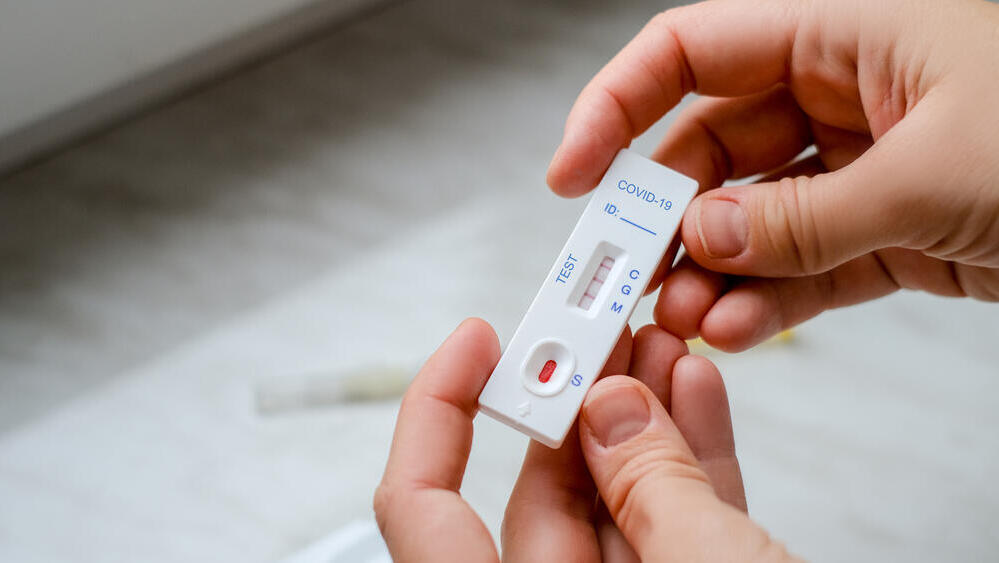The coronavirus pandemic fell out of the headlines many months ago, but in recent days it has returned: a new strain of the virus was discovered in Great Britain, and in New York a number of infections that had not been seen in a long time were reported.
NEW COVID-19 VARIANT EG.5.1 SPREADING WORLDWIDE - PROF. CYRILLE COHEN
More stories:
"The new strain came from several countries, but it was located in the UK," Professor Cyrille Cohen, an expert on the immune system from Bar-Ilan University, told Ynet Live. "The name given to it is 'Eris', and it is a descendant of the strains that currently rule the world - the XBB. The very speed with which it is spreading in England is definitely disturbing, but I want to reassure and say that in terms of complications and the ability to cause serious illness, we do not see anything unusual here."
"On the other hand, reports are coming from New York about a 20% increase in the number of hospitalizations and a 50% increase in the number of infections. The truth is, we don't see the full picture, because there are no more testing stations all over the world. We live with the coronavirus, which is good, but occasionally there are outbreaks, and the question is how significant and difficult they will be. They can be estimated by the number of people admitted to hospitals," he said.
In the current reality, people are already vaccinated, naturally or through a booster, and the assessment among scientists in the United States is that, even if there is an outbreak, most people will be able to deal with it and even succeed in eliminating the new strain.
"That's true, but there are people whose immune system doesn't work as it should: very old people, people with underlying diseases and those who are immunosuppressed. For them, we try to predict and monitor what happens with the coronavirus."
Is there a new booster?
"Yes. Last June, the FDA asked the Moderna and Pfizer companies to prepare for a new booster that would be based on the new strains. Pfizer has already announced that by the end of August it will have a booster that will be adapted to the previous strain, which we saw in the spring. It will be given in several countries, including Israel. At the moment, the recommendation is to give it only to sensitive populations, and not for the general public."
In the last year, a lot of fake news about vaccines has been developing on social networks: some people blame vaccines for any health phenomenon that deviates from the norm. How much did the side effects of the vaccines affect the general population?
"From what we know, most of the side effects appeared after the vaccine – two weeks, a month, up to six months. If something developed beyond that, we don't think it is related to the vaccines. On the other hand, we see people who suffer from post-corona a year or more after they got sick. There is no doubt that we should continue to investigate the meaning of the vaccines on the population. We know there were side effects, there were heart muscle infections, so we need to investigate the issue."




